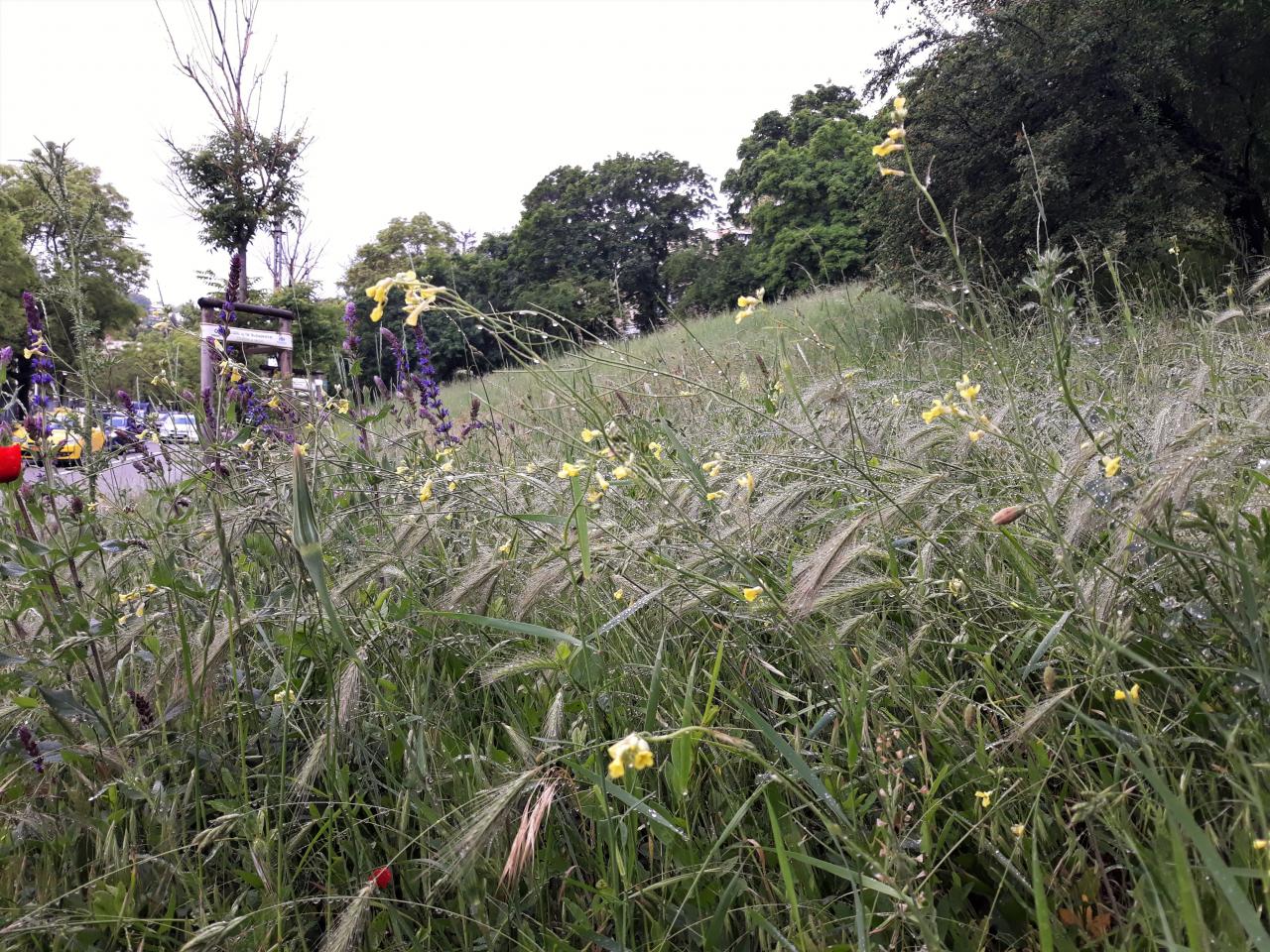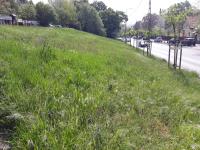
Without bees 75% of our food plants would not yield any fruits at all, there would be a major economy lost in crop production, wildflowers would not ripen seeds and biodiversity would drastically decrease. Lately numerous great initiatives started to protect bees and their pollinator counterparts – they deserve our support as they also help us. One of these kinds of actions arose at our project partner Hegyvidék (Budapest, Hungary).
![]()
Read the article in any of the other 6 languages:
![]()
Honey is a wonderfully tasty and healthy food. However, bees have a more important activity: the pollination of flowers. Without pollination by bees (or other insects), 75% of our food plants would not yield any fruits at all. Common trees in our orchard gardens like apples, pears, cherries, plums, peaches, apricots, oranges, lemons and others; but also, vegetables like peas, beans, tomatos, paprikas, cucumbers, pumpkins etc. each requires pollination. According to a study from England, if there were no pollinating insects it would cause about 500 million GBP loss per year for the U.K. crop production. Although the role of honey bees in pollination is crucial they share the task with other insects that are flying from flower to flower in order to collect or just consume the nectar. Among them, wild bees, bumblebees, butterflies, moths, bee flies, flower beetles are the most known groups. Less known fact, that beside the existence of the pollinator insects, their numerosity or occurrence is an important factor too, because it was evidenced that those flowers which were visited more frequently by bees, produced bigger and more regular shaped fruits. This can be best observed in the case of our fruit trees, but it seems true for the emergence of the wild plants’ fruits as well.
Bees and the kind of pollinators listed previously are not only responsible for pollinating the economically beneficial plants, but they are the ones who fulfil the insemination of thousands of insect-pollinated plants that are essential components of the vegetation. Without these pollinator insects, these wildflowers could not ripen seeds, which would threaten their survival in the long run.

Author: dr Péter Csontos, Botanist

